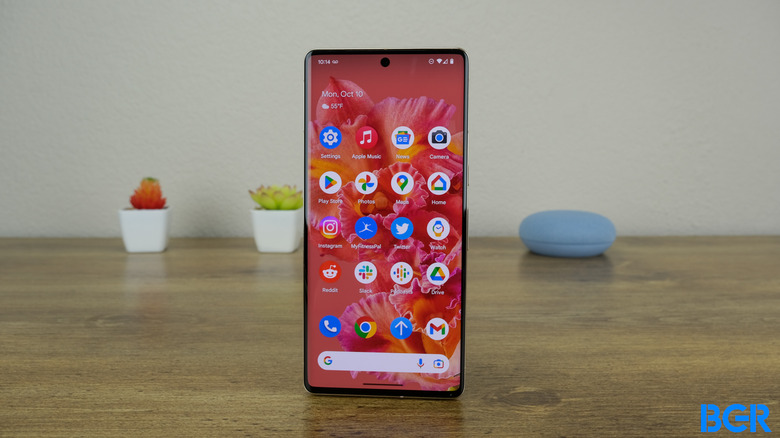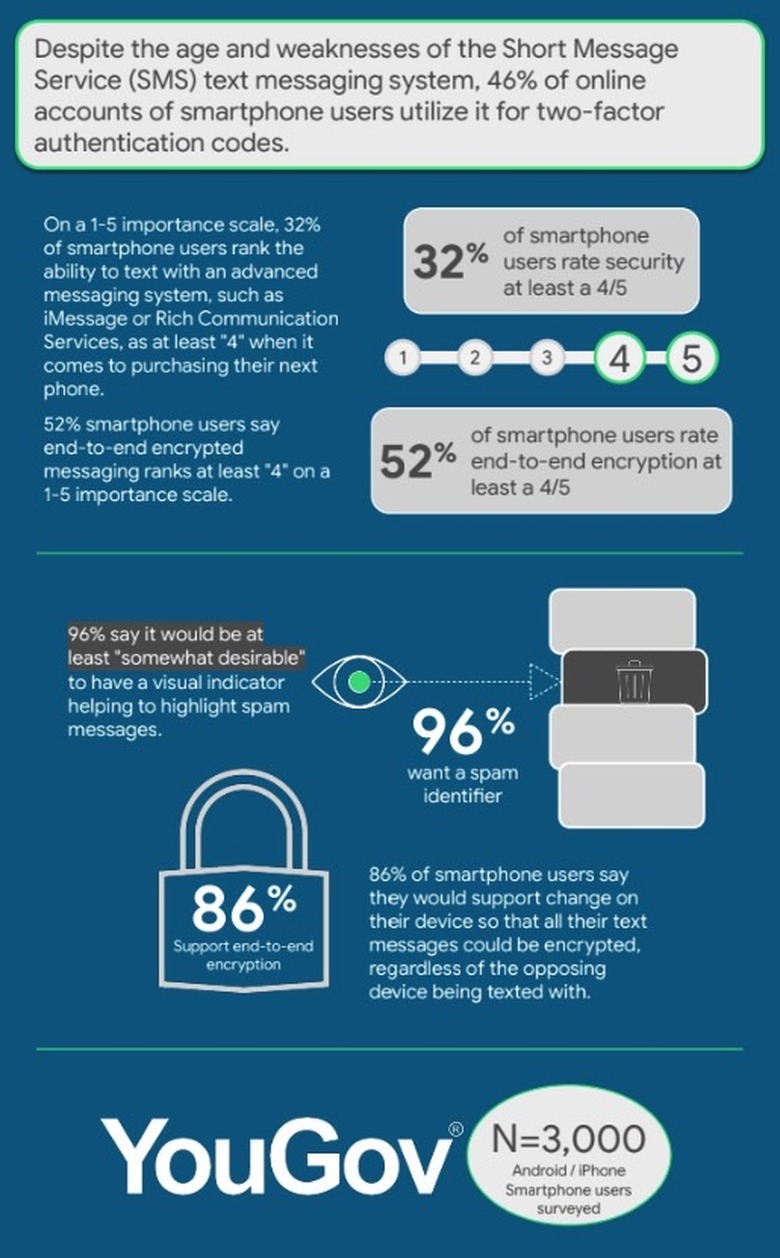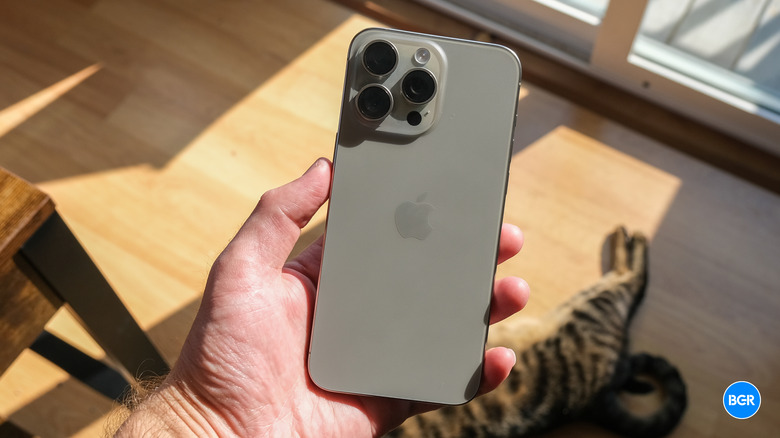What If Google Doesn't Really Care About RCS Support In iMessage?
Google is running an ongoing campaign to force Apple to bring RCS support to iMessage on iPhone. Google seems terrified of the iPhone's prevalence, especially when it comes to iMessage's ability to convert Android users. The company's best hope of getting RCS in iMessage is pressure from regulators, though that's not happening anytime soon. Even the EU has yet to force Apple to make iMessage interoperable with competing services like RCS.
I've often said that as a longtime iPhone user, I don't have the messaging problem Google suggests. The green vs. blue bubble debate is a non-issue in Europe. If anything, WhatsApp is a more prevalent service. Featuring end-to-end encryption like iMessage and RCS, WhatsApp lets you chat with friends and family regardless of their preferred mobile platform. Other similar apps exist, too, of course.
But what if Google doesn't really care about RCS support on iPhone? What if it's all for show?
Google's RCS campaign
It would be interesting to see what would happen if Apple embraced RCS. Would more iPhones switch to Android than the other way around? That would be a first, and I suspect it wouldn't happen. Would fewer Android move to iPhone? Maybe, but I still think the iPhone has more advantages over Android that Google needs to think about.
What is happening is that Apple has a massive number of loyal customers who will upgrade their iPhones every few years. And that's irrespective of how iMessage works and whether it supports RCS. And Apple can move tens of millions of iPhones even during rougher economic times like this year. Google getting its RCS into iMessage wouldn't change any of that.
Google has recently penned a blog post on the issues with SMS security, where it presents valid points about the aging standard. The argument is that we need a replacement for SMS, which is the fallback system for iMessage. And RCS might be that standard.
The blog post doesn't attack Apple or iMessage. That's for Google's marketing campaign. But it mentions a whitepaper from Dekra and a survey from YouGov to make its case.
The former looks at the security issues with SMS. The latter is a survey evaluating the opinions of smartphone users about SMS texting, which shows smartphone users care about messaging security and end-to-end encryption. They also hate spam messages (see above).
The special Google-Apple relationship
But something else happening with Google these days made me reconsider its relationship with Apple and its increasing attacks on iMessage. Google is involved in a critical antitrust case, with the DOJ having gone after Alphabet's main money maker, Google Search.
During the proceedings, none other than Apple's Eddy Cue testified in favor of Google, detailing the special Google Search deal that Apple and Google inked many years ago. Google Search is the default search engine on iPhone, with Google paying billions in yearly fees. Most recent estimates put the figure at around $8 billion.
Google makes a lot more money than that from its search engine being the default on iPhone to afford the fee. That's why Apple would defend its rival/partner in such a manner. Both parties need this multi-billion-dollar relationship to function.
Apple has been developing its own Apple Search product over the years, with parts of it already powering certain local searches in iOS and macOS. I said I can't wait for Apple Search to come to iPhone as I trust Apple more with my privacy than Google. Conversely, that's why the Google Search iPhone deal is so strange. It somewhat contradicts Apple's entire stance on privacy.
With all that in mind, I find it peculiar for Google to pursue this dream of having RCS support in iMessage. It all sounds good in theory. And some of the hits at Apple go viral, making waves that promote Android and Google over the iPhone and Apple.
This kind of attack could only enrage Apple to the point where it might hasten the release of an Apple Search product to replace Google Search on the iPhone. I'm just speculating here, of course. But I doubt that interoperability between RCS and iMessage would be the kind of breakthrough event that would ultimately let Google replace the lost revenue from iPhone ads.
Again, would Android users stop switching to the iPhone? Would more iPhone users buy Pixel/Android devices than they are now? I don't think so.
What about regulators forcing RCS support on iPhone?
Obviously, Google might get its RCS win and remain the iPhone's default search engine. Or the opposite might happen: iMessage might never support RCS, and Apple would roll out its Apple Search product on all its devices, thus removing Google Search as the default option.
All I'm saying is that Google might care more about its special relationship with Apple than RCS. The anti-iMessage campaign might be just a great marketing trick to gain more visibility for Android and possibly entrench RCS as the must-have default messaging system on Android.
After all, what if some other Android vendor comes up with an iMessage-like product that's better than RCS? What if Meta ends up thinking that WhatsApp should be the SMS replacement rather than RCS? Having Apple budge would be great, but not necessarily Google's real goal here.
As for Europe's ability to force Apple to add RCS support to iMessage, that's not happening anytime soon. And if it ever happens, it'll be a locally enforced feature rather than a global one.


